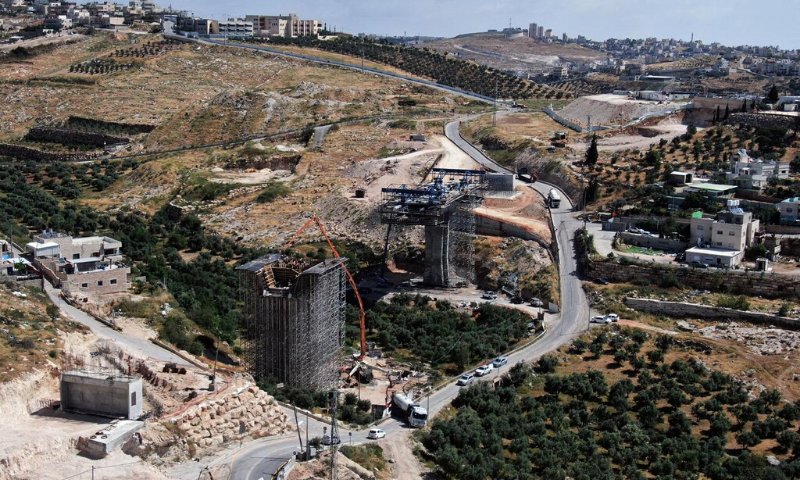International Court of Justice, United Nations top court rejects appeal by Bahrain, Egypt, Saudi Arabia and the UAE over an air blockade.
The International Court of Justice, the UN’s top court, has backed Qatar in a dispute with four neighbours which imposed an air blockade against Doha more than three years ago.
The Hague-based ICJ on Tuesday rejected the appeal by Bahrain, Egypt, Saudi Arabia and the United Arab Emirates against a decision by the world civil aviation body in favour of Qatar over sovereign airspace, ICJ President Abdulqawi Ahmed Yusuf said.
The court also “holds that the International Civil Aviation Organisation (ICAO) has jurisdiction” in the case, by 15 judges to one, Yusuf said.
The ICAO in 2018 ruled it had the jurisdiction to handle a dispute brought by Qatar, which accused its neighbours of violating a convention that regulates the free passage of its passenger planes through foreign airspace.
But the four allies disagreed, saying the ICAO was not the right body to judge in the dispute and that its decision to do so was “manifestly flawed and in violation of fundamental principles of due process and the right to be heard”.
Shura Council of Saudi Arabia to debate changes in sexual harassment laws
They had asked the ICJ to declare the aviation body’s ruling “null and void and without effect”.
verdict meant that the ICAO has done the job correctly and can deal with the case from now on.
The four Arab countries abruptly severed ties with Qatar in June 2017, accusing the country of backing “extremists” among other allegations that Doha strongly denies.
They imposed wide-ranging punitive measures, including banning Qatari planes from their airspace, closing Qatar’s only land border with Saudi Arabia and expelling Qatari citizens.
The countries justified the moves against the peninsular Gulf state, saying it was their sovereign right to protect their national security.
Bahrain increase Widows allowance
Qatar fiercely rejected the claims that it had violated a series of agreements reached with its neighbours in 2013 and 2014 aimed at settling years of diplomatic rancour.
Last year, the ICJ set up in 1946 to rule in disputes between UN member states rejected a request by the UAE to take special measures against Qatar, after Doha won a case at the ICJ in 2018 over alleged discrimination against its citizens.
Doha in June again accused the Saudi-led alliance of refusing to engage with efforts, which it said were backed by the United States, to resolve the crisis.



